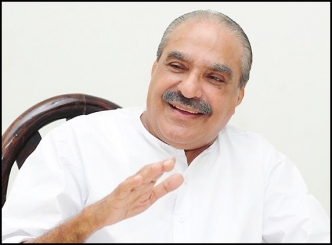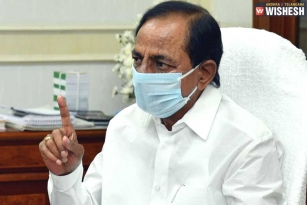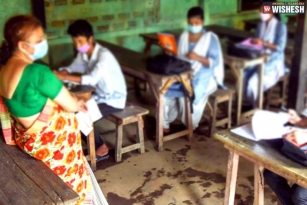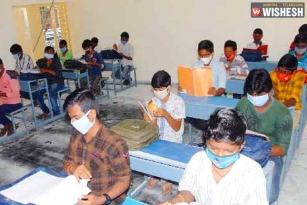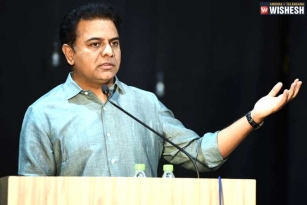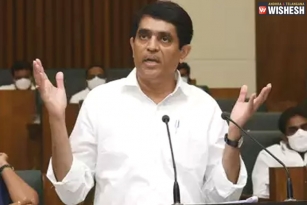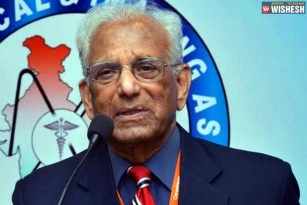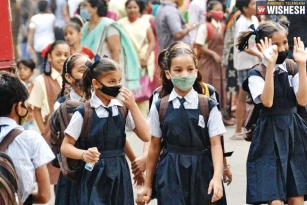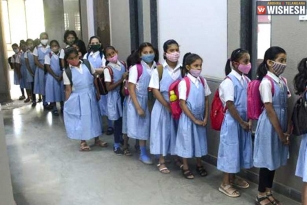

Azeem Premji Foundation (APF) plans to start 1,300 schools across the country- two per district - which will be free, impart education in the local language and be affiliated to the state board. The foundation was instituted in 2001 to make a significant and long-term contribution to national development. For this, it identified “Education” as the primary domain of work because of the direct impact and the large positive multiplier effect it has on different aspects of development – economic, social and cultural development and the attainment of the promise enshrined in our Constitution.
If the idea succeeds, perhaps inspire other wealthy tycoons to look beyond their personal status-building. The APF schools, from preschool to class 12, will be on the lines of government ones. The difference will be in quality. "Quality education is fundamental to our becoming a developed nation. And the final crucible of learning is the classroom," says Azim Premji.
Wipro's idea of starting 1,300 schools came after the Azim Premji Foundation recently reviewed its work from 2001, the year in which it was set up. "We felt the need to graduate from programme interventions to institution-building," says Dileep Ranjekar, APF's CEO. "One of our ideas was to set up a separate educational board like the ICSE/ CBSE. But most of us...felt that change would be better felt and seen by actually setting up schools."
“The bright students rise to the top, which they do anywhere in any system,” Mr. Premji said earlier in Bangalore, “The people who are underprivileged are not articulate, less self-confident, they slip further. They slip much further. You compound a problem of people who are handicapped socially.”
Those associated with the planning of this Rs 9,000-crore project say that the schools will focus on the overall development of their students, including their health and nutrition. "The attempt is also to establish schools in corners that are currently educationally under-served and not to compete with existing schools, whether public or private," says Ranjekar, adding that seven schools will start within a year-and-a-half in Karnataka, Rajasthan, Uttarakhand and Chhattisgarh. If things go as forecast, all the 1,300 schools should be up and running by 2025.
The aim behind the schools is two-pronged. "One is to build social pressure for other schools to follow suit and provide quality education. Two, we want to test ourselves, understand what it takes to deliver quality teaching and learning. One cannot tell the world to improve unless one actually leads by example," says Ranjekar.
A focal aim of the foundation is to get each school to evolve, over time, as a development centre integrated with the community. Thus, the schools will be staffed with teachers from the rural areas, but appointed after written tests and an interview.
"Emphasis will be placed on their expertise in the subject, their understanding of pedagogy and their social orientation. Parents of the children will be important partners in the process of development," says Ranjekar.
The Foundation aspires to have a significant, nation-wide impact on the quality of education in India and we have established robust institutional structures to make this happen.











